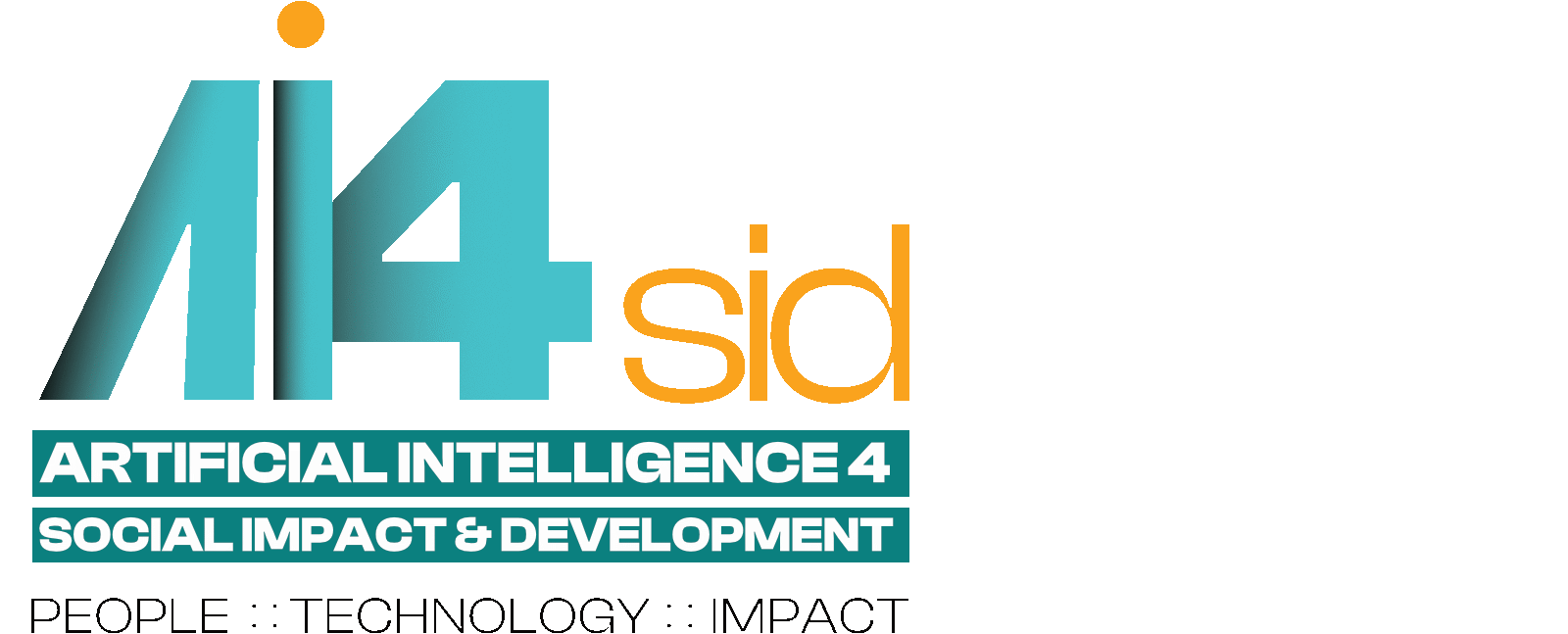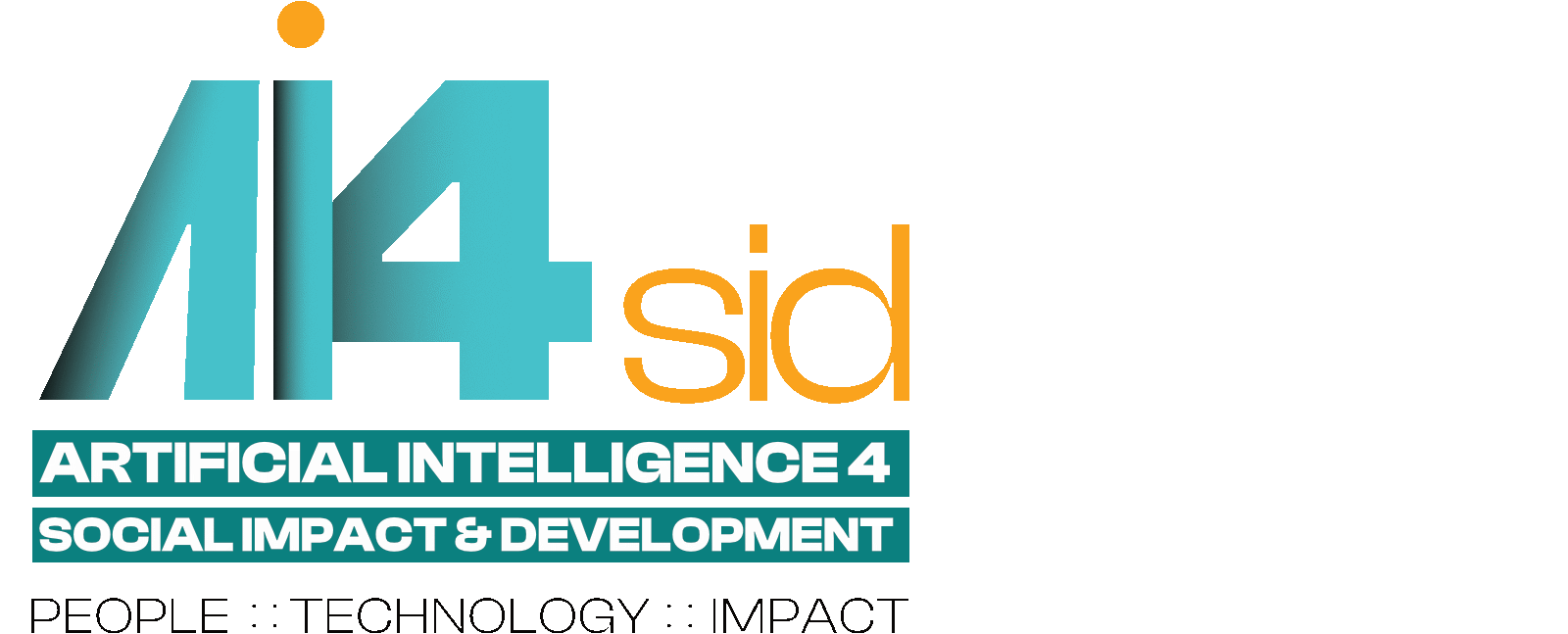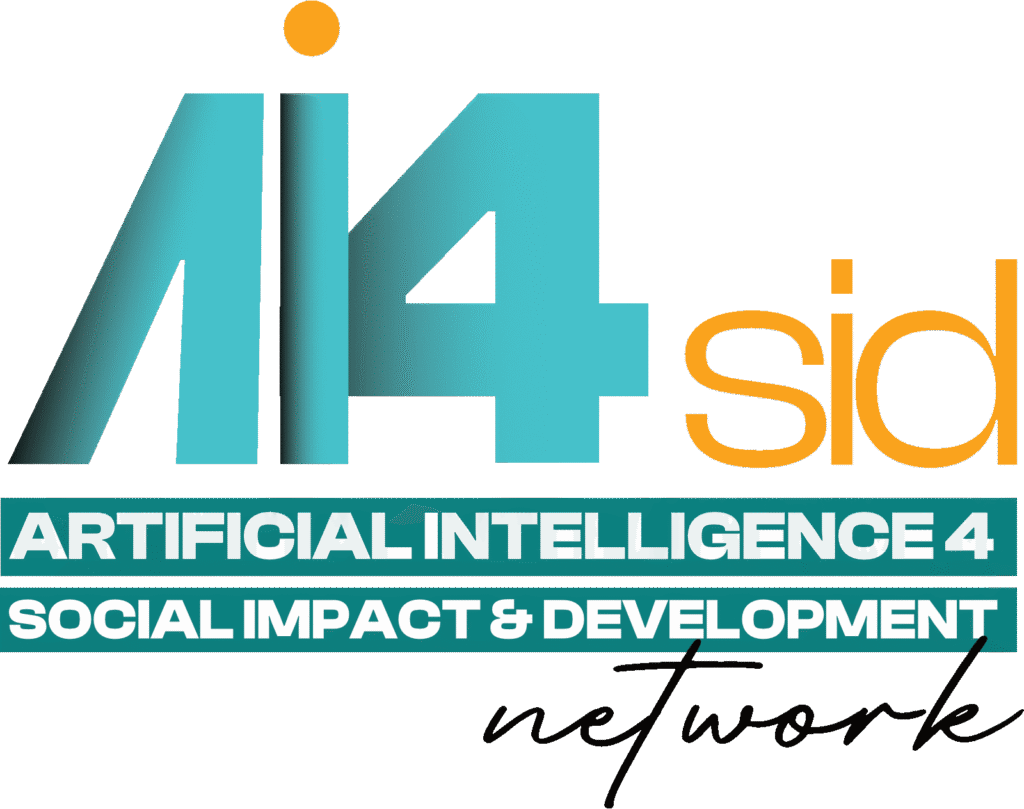Our Reach
AI4SID implements AI-driven solutions across diverse areas of social impact. Our multi-disciplinary teams collaborate with experts to pilot projects, share best practices, and scale what works. Key focus areas include:
Public Health
AI4SID anticipates advancing public health in Nigeria by applying AI for disease detection, patient care, and system management. From predictive analytics for epidemic outbreaks to AI-assisted diagnostics (e.g. using image analysis for malaria detection), we help health workers reach more people with better services. We work closely with research institutes, and NGOs to integrate AI tools into clinics and community health programs.
Example: An AI mobile app we support helps rural clinics predict stock-outs of essential medicines by analyzing supply data, ensuring patients always have access to treatment.
Education
AI4SID supports education equity by fostering AI solutions that personalize learning and overcome resource gaps. We partner with schools and EdTech startups to deploy adaptive learning platforms that tailor content to each student’s level. AI-driven language translation and voice-recognition tools help teach in local languages, breaking down barriers for students in remote or underserved areas. We also run teacher training workshops on AI tools, helping educators integrate technology in the classroom to improve outcomes for all students, especially those in underserved communities. Through these programs, students gain skills in STEM and digital literacy, preparing them for the future workforce.
Humanitarian AI
We harness AI for disaster response and crisis management. Nigeria faces challenges like flooding, drought, and displacement. AI4SID collaborates with organizations (e.g. NEMA, UN agencies) to use AI for early warning systems and efficient relief. For instance, satellite imagery and machine learning models map flood-prone zones, enabling timely evacuations. During emergencies, our AI-powered decision support dashboards help humanitarian teams allocate resources (food, water, shelter) where they are needed most. By analyzing social media and relief data, AI systems also guide aid distribution to impacted communities more quickly and fairly.
Gender Equality
AI4SID promotes gender-inclusive AI. We support projects that use AI to empower women and girls – for example, AI chatbots providing career advice in STEM, or mobile learning platforms that reach young mothers. We also address gender bias by curating AI datasets that fairly represent Nigeria’s diverse populations. In partnership with women’s networks and NGOs, we host hackathons encouraging female technologists to develop AI solutions for issues like maternal health and gender-based violence. Together, these efforts aim to close the gender gap in technology access and ensure AI benefits women and girls equally.
Mental Health
AI4SID acknowledges that mental health is a growing priority. We encourage innovative solutions such as AI-based counseling chatbots and digital therapy apps. Working with psychology experts and youth organizations, we pilot apps that offer cognitive-behavioral therapy support in local languages. AI4SID also funds research on how social media data can help identify mental health trends in communities. By scaling virtual mental health assistants, we aim to extend support to remote or stigmatized communities where traditional services are scarce.
Additional Areas
Our work spans many other domains, including environment, agriculture, governance, and public utilities. Across all areas, we document lessons learned in our Resource Library and share these openly, so that innovators everywhere can replicate successful AI interventions in Nigeria’s development context.


